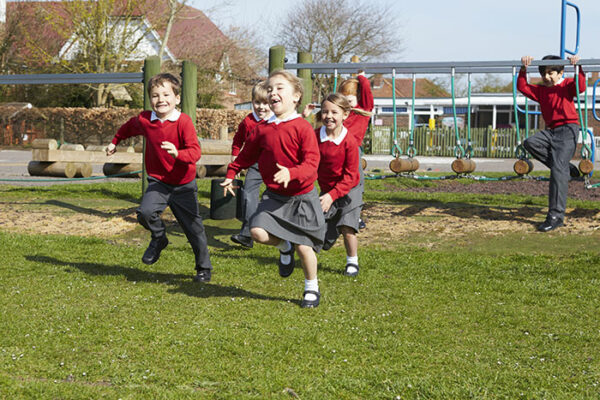Teacher’s pet, or constantly bunking off due to schoolitis? Some words and phrases have survived generations of schoolchildren, and will always remind us of the classroom.
Which of the below are you familiar with, and can you add any more words to our list?
All-nighter
To stay up all night to finish your schoolwork. A boffin would rarely be found “doing an all-nighter.”
Boffin
A very studious person. A boffin is likely to ace their school tests.
Ace a test
To get a perfect score or to do very well, and not to blow it.
Blow something
To do poorly on or to fail a piece of work, exam, or pop quiz.
Pop quiz
A surprise test: the ideal setting for a bookish student to show off their knowledge.
Bookish
Like a boffin; someone who spends a lot of time reading and wouldn’t need a cheat sheet.
Cheat Sheet
A piece of paper kept hidden during an exam, containing the answers – perhaps the work of a brain.
Brain
A very intelligent person, useful in a brainstorm.
Draw a Blank
To suddenly forget; an indication that you might need to brush up on a subject.
Brush up on
To review an area, perhaps by hitting the books.
Hit the books
To study intensely, especially for a short time just before a due date or exam: “I’d better hit the books, or I’ll never hand in that essay”.
Hand in
To submit – if you can’t hand in, then you might be tempted to bunk off your lesson.
Bunk off or skive
To play truant. Some skiving would start with a visit to the sick room.
Sick Room
The nurse’s office, which you might visit due to a case of schoolitis.
Schoolitis
A mystery illness that leads to children missing a day of school. Extended bouts of schoolitis could lead to a student dropping out.
Drop out
To leave school before finishing, definitely not a common habit amongst teacher’s pets.
Teachers pet or apple polisher
The teacher’s favourite student, sometimes similar to a know-all.
Know-all or know-it-all
An unfriendly nickname for a student who will always ace their tests, likes to hit the books and always puts their hand up.
“Hands up!”
The phrase a teacher might call when their question is either answered by a room of shouting children, or no one at all.
The ‘hands up’ action slackens with age: primary school children usually hold their arms straight up and hands high; however by the time they are teenagers this motion tends to be characterised by nothing more than a wrist held hovering just above the desk.



